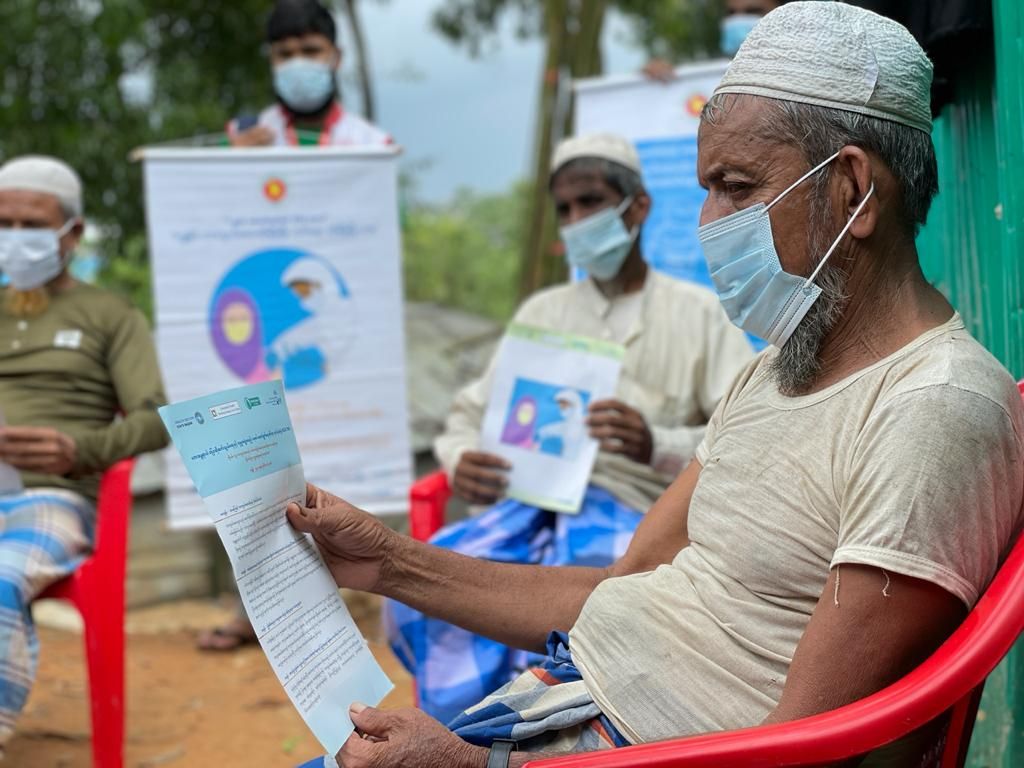Academics and data scientists from Durham University and UN Global Pulse (UNGP) have developed a people-based model to simulate the spread of Covid-19. This has led to new Covid-19 mitigation strategies for the Cox’s Bazar refugee settlement in Bangladesh.
The study adapted the JUNE epidemic model (originally applied to simulating the Covid-19 spread in England) to fit the refugee settlement. The model included virtual people with different demographics to reflect real-world statistics.
The modelling followed a three-step process:
- A digital copy of the Cox’s Bazar refugee settlement was created.
- The copy was made to simulate the possible movement and interaction of over 900,000 Rohingya refugees – a simulation engine was used to capture any movement and interaction patterns.
- Operational interventions were implemented to simulate its effects on the spread of Covid-19.
Professor Frank Krauss of Durham University described the model as “nothing short of a truly excellent achievement”.
After analysing the second step of the modelling, it was discovered that wearing a mask is highly effective in slowing the spread of Covid-19. Simulation results revealed that a lack of social distancing (such as in learning centres) leads to a higher infection rate.
It was established that people at home with mild symptoms have more impact on Covid-19 transmission than those positive cases in isolation and treatment centres. This is mainly due to the settlement being extremely densely-populated and having communal facilities which both enhance Covid-19 transmission.
Researchers began to explore potential mitigation strategies. Decision-makers in the refugee settlement have comprised new contingency measures for high Covid-19 case numbers and developed policies for the safe-opening of indoor spaces. A mask-wearing strategy was rolled-out, including mask-making and campaigns to boost correct mask usage.
The study’s results were presented in a series of reports to the World Health Organisation (WHO) and to UN Refugee Agency (UNHCR) public health professions who are working on improving the settlement. These reports provided vital insights into both the positives and negatives of this modelling approach to ultimately reduce Covid-19 transmission. Chris Earney, Deputy Director of UNGP said: “The project has fulfilled its operational objectives successfully and the team are aiming to scale the model implementation further with future applications and partnerships.”
Featured image: Amos Halder (UNHCR) with licence
